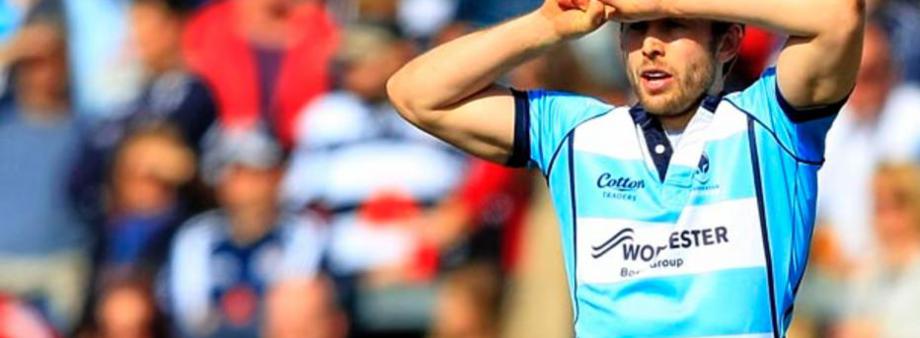
Children and Adolescents
Parents
and young people with diabetes have been contacting our site for help.
Fortunately, following a major scientic symposium about young people
with diabetes and sport in Cambridge this year, Runsweet has teamed up
with one of the world experts has given us fanststic advice. Michael
Riddell who has T1 diabetes himself and an academic at York University,
Toronto, Canada, has some great ideas and has contributed this section.
Physical Activity, Sport in Children with Diabetes
Edited from Riddell MC, Iscoe KE. Physical activity, sport, and pediatric diabetes.
Pediatric Diabetes 2006: 7: 60–70.
Treatment for the child with type 1 diabetes (T1DM), formally insulin-dependent or juvenile diabetes, has improved dramatically since the discovery of insulin in 1923, in both biological and technological terms. Nevertheless, a number of important clinical management issues are needed for the active child with diabetes to ensure proper health and prevention of longterm complications from the disease
Pediatric Diabetes 2006: 7: 60–70.
Treatment for the child with type 1 diabetes (T1DM), formally insulin-dependent or juvenile diabetes, has improved dramatically since the discovery of insulin in 1923, in both biological and technological terms. Nevertheless, a number of important clinical management issues are needed for the active child with diabetes to ensure proper health and prevention of longterm complications from the disease
For youth
with diabetes who are engaged in sport, control must go beyond the
typical regimen of diet and insulin treatment to obtain optimal
performance and prevent metabolic complications that can occur both
during and after physical activity. Adolescence presents additional
concerns for these patients, as hormonal changes during growth and
maturation create a temporary state of insulin resistance. In addition,
many children maintain some endogenous insulin secretion just after
diagnosis, which can make metabolic control particularly challenging.


